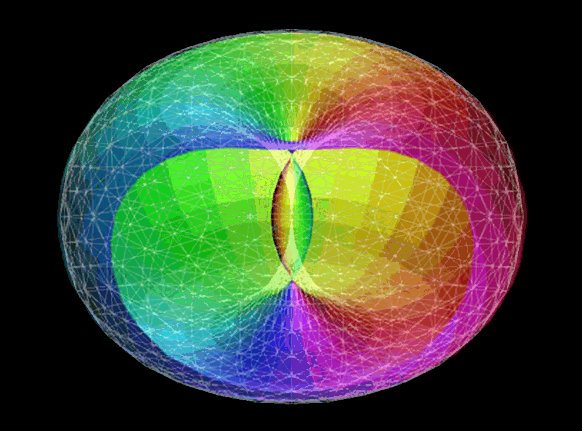Acacia
On waking each body assumes my guisePressures of everyday worldliness abound all around me
As I begin the quest for the real
Wearing yet another mask of mine
I have hung my trophies on the wall quite systematically
I have found many missing ones lending them my identity
Having occasionally posted their “gone missing” notices
Kept their memories hanging on Acacia branches, flip flops
And my socks, both were stung by nettles of the prickly clime
Now let it end, at every sigh I am more replete with the humid air
In the inertia of walking to the corner of earth, I slowly become
A winged creature void of flight, thrust into a glassy alcove
Who, with the changing directions of light
Keeps revolving on a clamp for endless revolutions
The gathering of dust on my trophies is a triumph in itself
While trying to lose the coming ones
While trying to forget written words
Dejected my falsehood was not so real
Despite my daily identifications of the invisible Aeyaar*
Translation from Hindi by Arup K Chatterjee.
*A mystical raconteur with talismanic powers to shapeshift.














